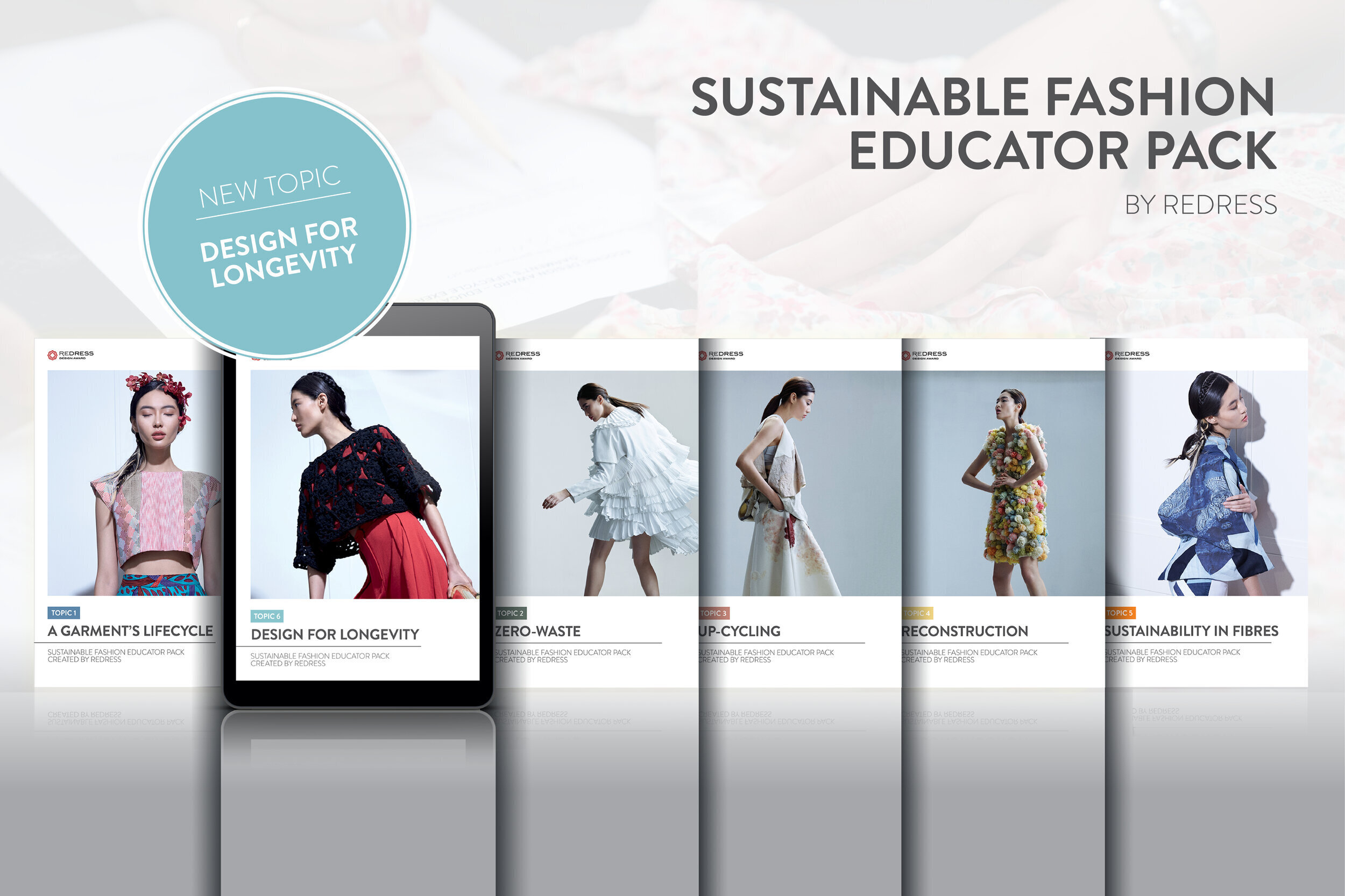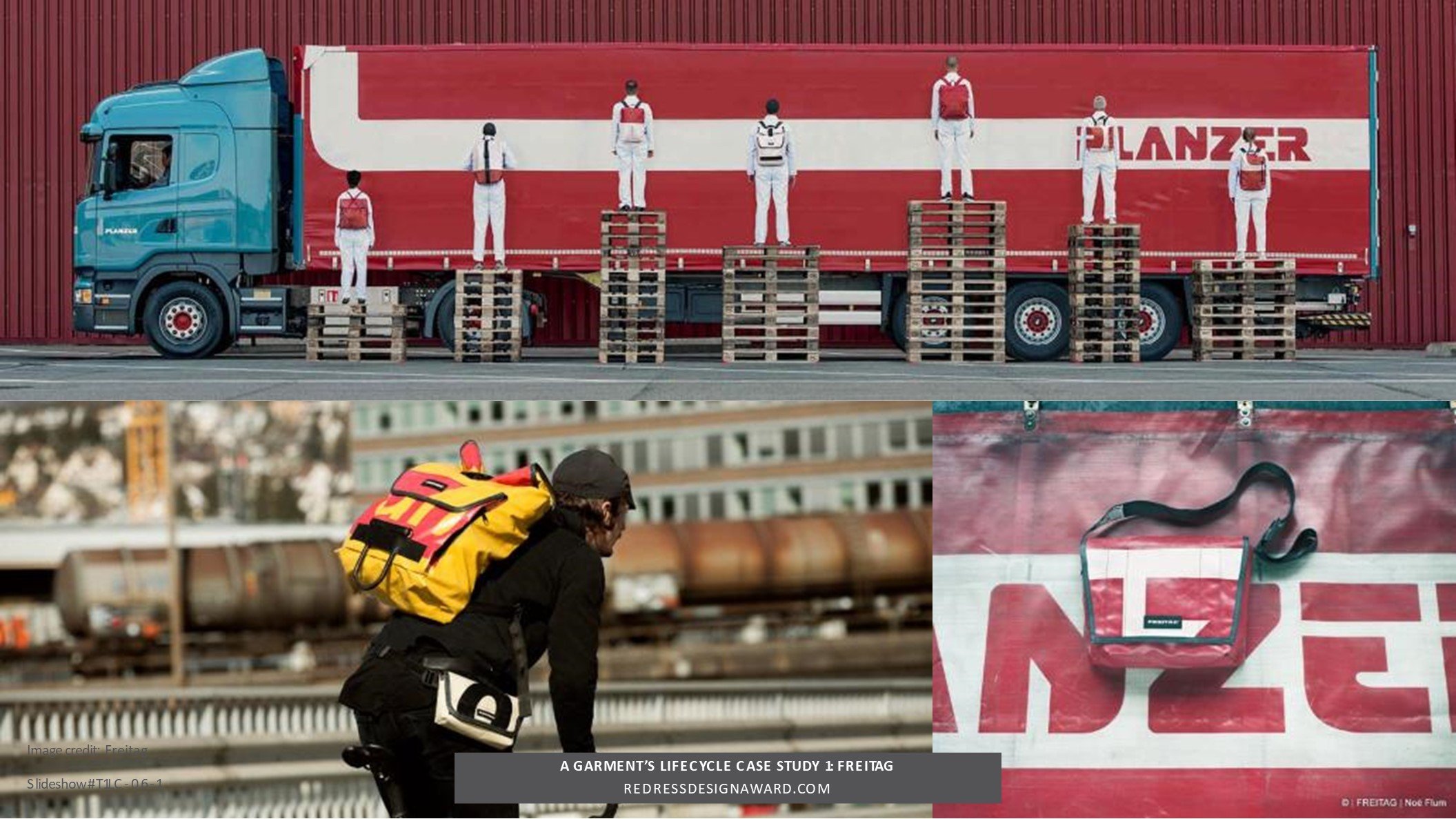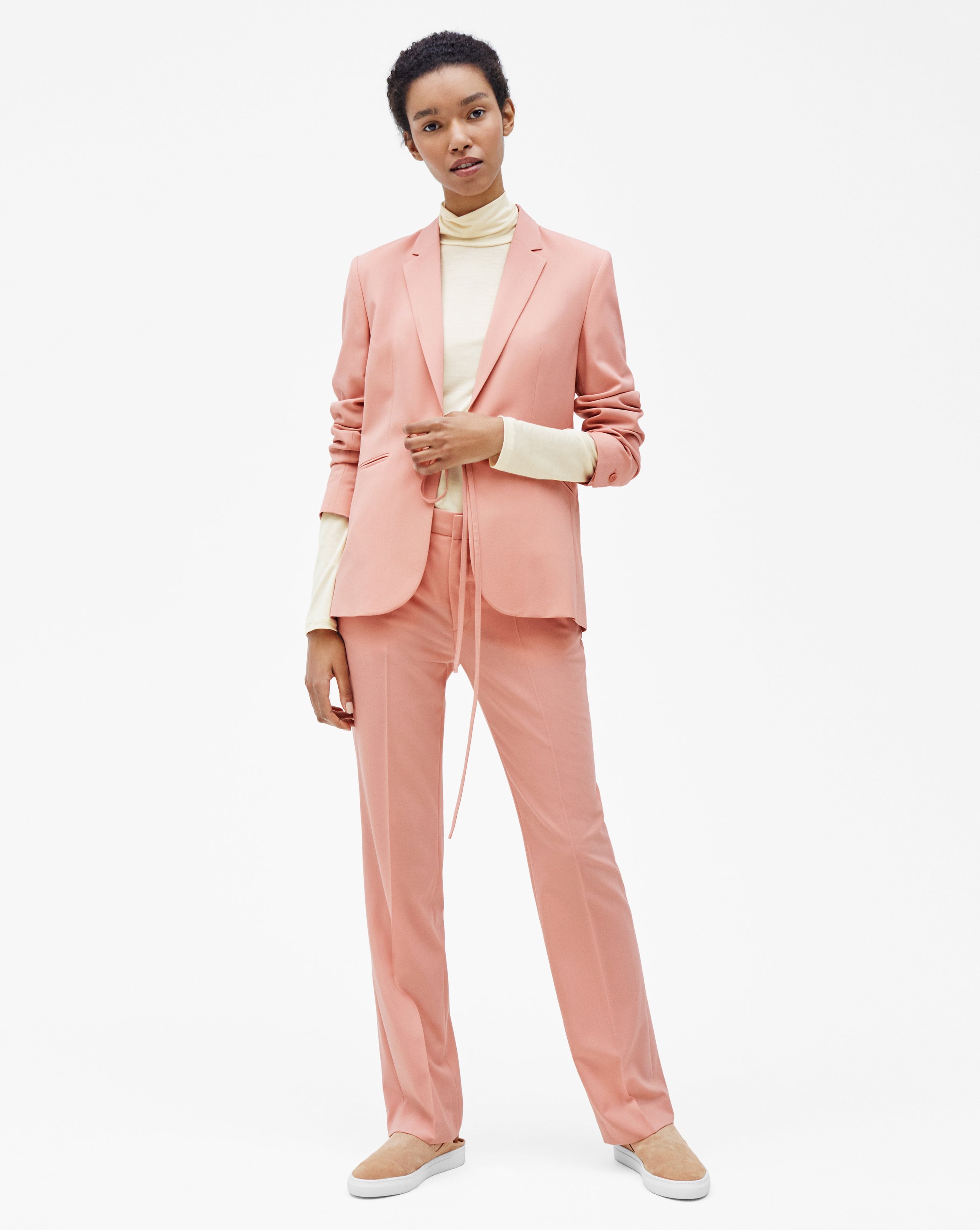Circular Fashion System
Resources
Circular Fashion System
The current linear model of, “take, make, use and dispose” is not sustainable. Adopting a circular model is key to mitigate the environmental issues that the fashion industry is currently facing. Explore the resources to learn more:
In this case study, you will discover how Reverse Resources has built a commercial circular solution so that textile products can be used and reused, keeping them for as long as possible. See how they address the sheer volume of textile waste that is produced before products even hit the shelves.
In this case study, we will discover and discuss what it takes to design your products with a life cycle in mind.
In this case study, see how Levi’s identified their waste hotspots across the supply chain. Not only did they significantly reduce their environmental impact across the product’s life cycle, it also led to new industry standards and innovative solutions towards cleaner denim.
In this case study, we will explore and discuss why Patagonia designs their products to last, and encourages care and repair for longevity.
In this case study, see how the designer’s attitude allows for a different approach to recreating fashion. Understanding how specific pre-existing garments or products were initially constructed was key to reconstructing them in a whole new way.
In this case study, learn why planning the life cycle for your products involves mapping out your materials in order to allow for circular business models.
As designers, there is a real opportunity to partner with manufacturers and other industry partners to design out waste within the supply chain and through to consumer use. In the Circular Redesign Challenge with TAL Apparel, we challenged our Redress Design Award Finalists to create an outfit using defective shirts, inspired by an exclusive circular design collection from The R Collective x Garcia Bello.
This guide explores opportunities to build a sustainable fashion business, and discusses the importance of sharing your values both internally and externally to strengthen your brand identity.
In this case study, we ask tonlé founder, Rachel Faller, about her biggest challenges, successes, and top tips for building a circular fashion business.
Watch how finalists of the Redress Design Award 2022 come up with solutions for reusing textile waste in an intensive six-hour challenge for Icebreaker.
Discover four core circular design strategies, key to designing out waste and keeping materials and products in use for longer.
Read on External resources for where to find more inspiration!
Teaching Material
The pack is updated every year with new relevant content.

What are included in the pack:
✔ Case Studies
✔ Exercises
✔ Project Briefs
✔ Sources
✔ Slideshow Materials























